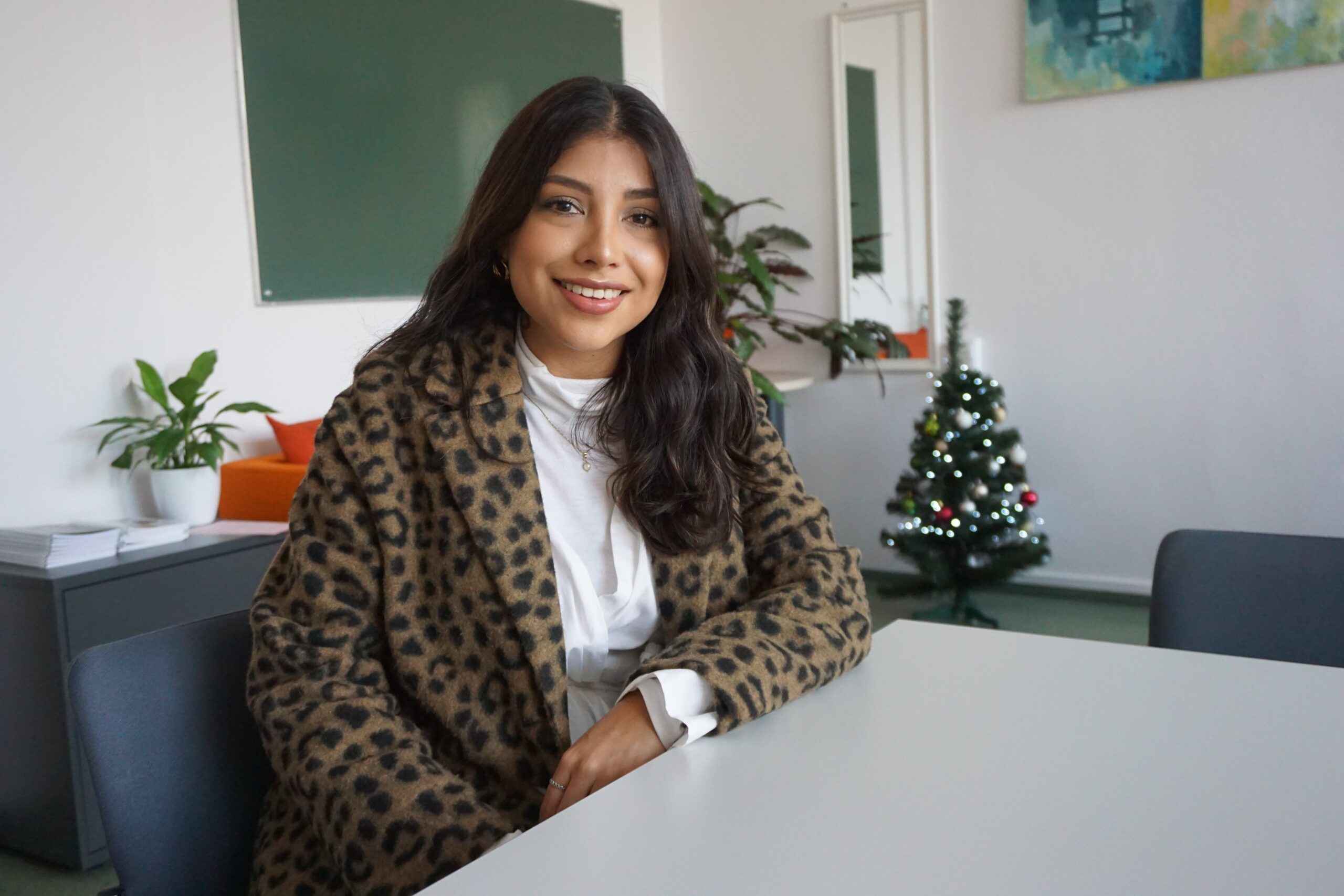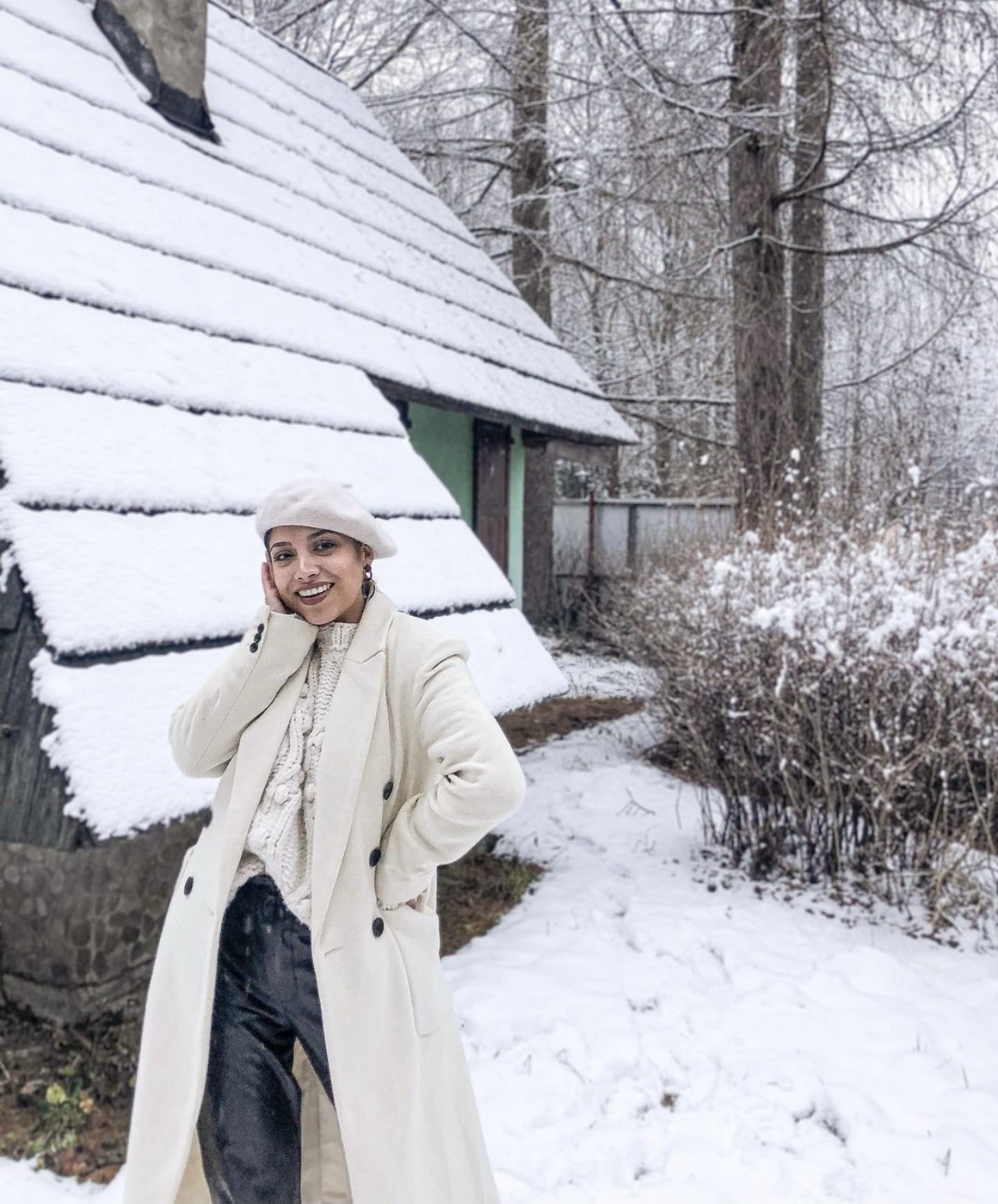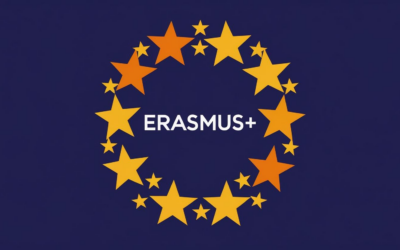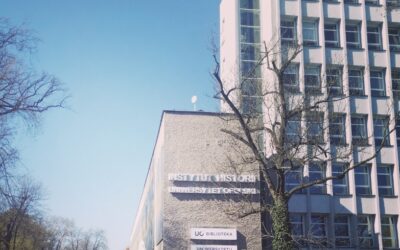
Jazmin Del Salto – first-year student at Master of Liberal Arts program



In 2020 a record number of international students was accepted to the University of Opole. Around 380 students from all over the world have started their Bachelor’s and Master’s studies at our university! Some of them are coming from very distant parts of the world, like Ecuador, Jamaica, China, or Ghana, to mention a few. What made them come to Opole? How do they like their first months here? How do they cope with online learning?
We will share with you some stories from our first-year students. Meet our first quest Jazmin – she is the first student from Ecuador at the University of Opole, and she is doing her 3rd Master’s here.
Go for it! – says she to our future applicants.
Why have you decided to study in Poland?
Jazmin: I received a Bachelor’s degree from the International University of Ecuador. Then I moved to Argentina to study postgraduate studies. After finishing my postgraduate studies, I moved to Spain to pursue a Master’s degree. Then I went back to Ecuador, and I was working there for the past three years.
First time I came to Poland as a tourist in 2017 (back then I was studying in Spain). I spent some days in Wroclaw and Kraków. During that trip I met a lot of Spanish students who asked me “Why are studying in Spain? In Poland you would have better opportunities, and the prices at the universities and the lifestyle in Poland are cheaper comparing to other countries in Europe”. So I kept it in my mind and, after 3 years I started to look for some opportunities in Poland. I chose the University of Opole because of the offered program – Master of Liberal Arts. I wanted to study something close to communications and this program was perfect for me.
What are your impressions of Opole?
Jazmin: It has been around 3 months since I’m here and I feel like I’ve lived here my whole life. The city is so small and you can easily get to know it and feel familiar with places and everything. I think that people here, at least in Opole, are so kind and friendly. I love people and this city.
What would you say about online classes?
Jazmin: Honestly, for me, it is a difficult experience. At the begging of the academic year, we had usual classes at the university, but now everything is online and that is the problem because you can’t get in contact with classmates. It’s difficult. But it’s not just the University of Opole, it’s the whole world. Anyway, you can be here, in Poland or any other country and probably everywhere you will be studying online.
In the beginning, when we just switched to full-time online mode, I used to come to University just to attend my classes at the building, to leave home, and to show to my brain that I am in the class and this is my space to study, but now we can’t do even that. The library, coffeehouses, and all other places are closed, so it makes it harder to work not from home. I hope that we will be able to return to the normal mode soon.
What tips can you give to our future applicants?
Jazmin: They must pursue their dreams! I came here despite all the obstacles and barriers. There is a pandemic in the world, and for example, in Ecuador, there is no Embassy of Poland. I had to travel to Lima in Peru, but because of COVID I couldn’t travel, so I have to send my papers. With all these things what I mean is just “go for it”. Don’t be scared. Just try. Don’t be scared of the language. For me to studying here without knowing Polish at all is difficult, not all people in the city or, on the streets, speak English. But this all is the part of the whole experience. It makes you stronger. In the end, you won’t regret it 😊
If you wish to share your story – do not hesitate to contact us hello@uni.opole.pl
More News
NEW WEBSITE OF THE ERASMUS+ PROGRAMME AT UO!!!
This website is an archive. The new website of the Erasmus+ Programme in the University of Opole is HERE!
Registration for university-wide variable courses for full-time students begins soon!
28/05/2025 The first phase of electronic registration for university-wide variable courses begins on June 2nd and will last untill June 9th 2025. Full-time students will participate in the courses in the winter semester of the 2025/2026 academic year. The courses are...
Mgr. Michaela Pecinová from the Czech Republic – Erasmus+ Internship at the University of Opole
Below, please read about the experience of Mgr. Michaela Pecinová, a doctoral student from the Czech Republic. Her story beautifully captures the transformative power of the Erasmus+ mobility programme. Initially hesitant about international exposure, Michaela's time...


